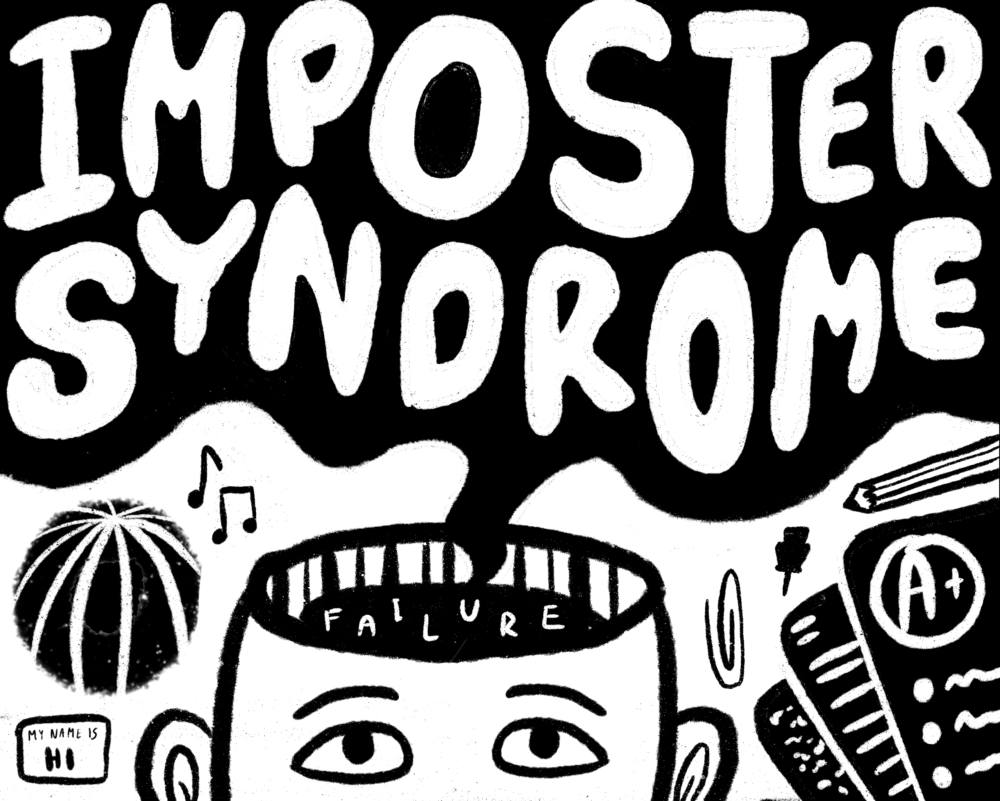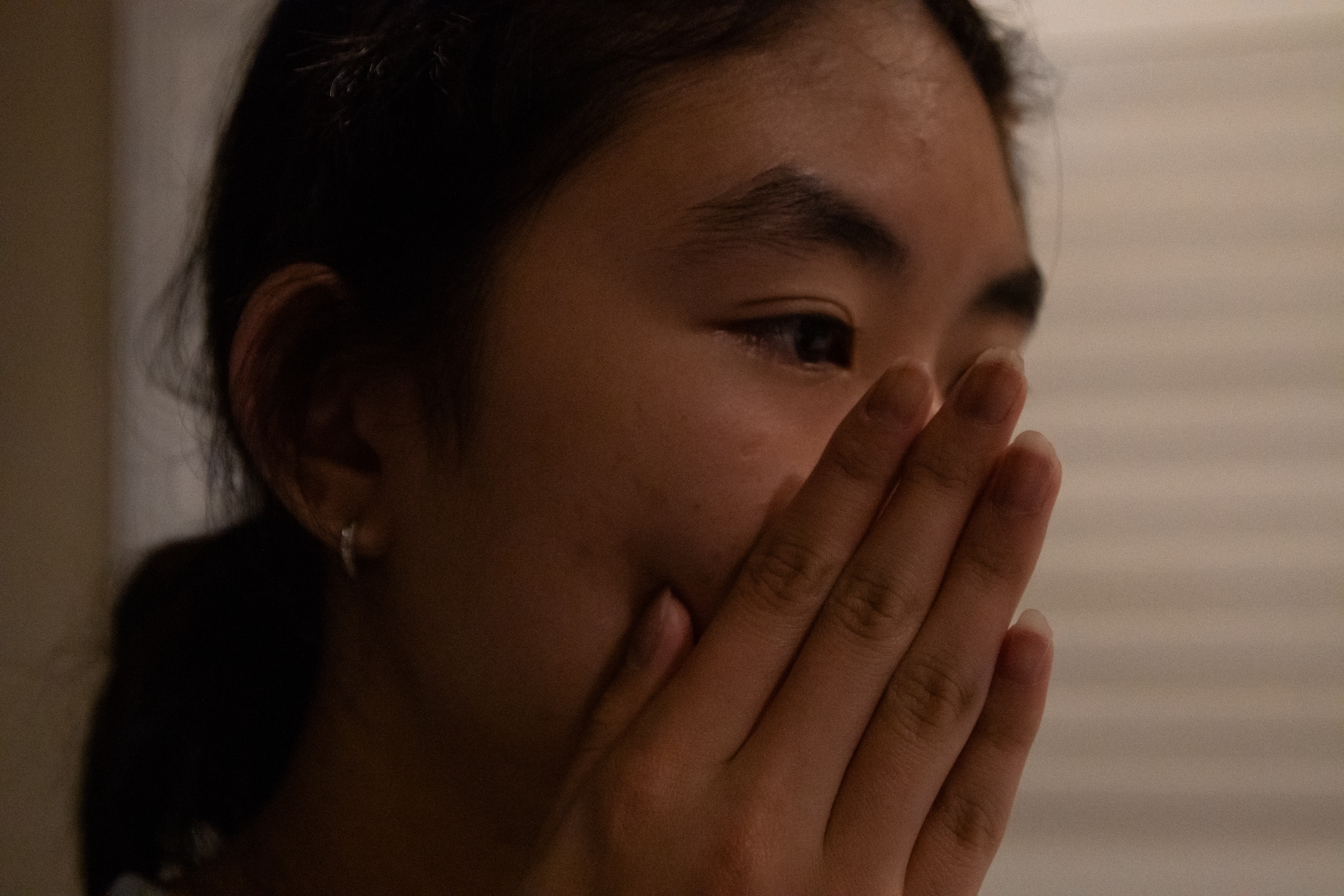
By Britney Tran & Hien Bui
On paper, your academic achievements may seem like your most redeeming feature. Cumulative grade point averages (GPA), Advanced Placement (AP) classes and presentable SAT scores are important assets of high school students to capture and sustain the interest of potential colleges. While these factors are extremely valuable, it’s important to remember what they embody: you!
A majority of the high school experience involves finding methods to further student achievement through extracurriculars and academic performance. Maybe you partake in AP classes to boost your weighted GPA or join a club to increase your volunteer hours or a sport for student involvement. These are all activities that offer new opportunities for you and your transcript.
When you start pursuing these interests, however, you’ll probably find yourself in a shadow of self-doubt or a fear that you’ve reached the limits of your capabilities. This is where imposter syndrome comes along.
Imposter syndrome is a nagging feeling of not being capable or deserving of one’s accomplishments. This phenomenon, easily exacerbated by the competitive nature of high school, leaves many feeling undeserving or insecure about anything they might do “right.”
This pattern of behavior is undeterred by achievement or praise, things that might offer validation of academic capability otherwise. Instead, as Psychology Today outlines, those who struggle with this “feel that they aren’t as competent or intelligent as others might think—and that soon enough, people will discover the truth about them.”
Excuses further whittle self-worth as the successes are attributed to things outside of one’s control such as luck, good timing or an inordinate amount of time and work. This comes from a habit of students tending to separate themselves from their accomplishments, in a way that encourages the fundamental belief that they’re fraudulent.
These high personal expectations without a spare moment for positivity, combined with the fear of a future at stake and falling behind, enforce negative connotations around schoolwork and responsibilities students may have. Students may find themselves faltering, losing motivation and feeling the effects of burnout as a result of this unhealthy mental environment.
Yet, with the fear of deficiency ingrained in imposter syndrome, taking mental reprieve or healthy procrastination feels failure-adjacent, creating a self-administered negative feedback loop as doing more work or taking a break both continue those feelings of inadequacy.
Even worse, this feeling of inevitably being found out as a fraud can graduate with students, following them into their higher academic careers or professional lives. Beyond high school, this combined fear of success and failure can prove even more detrimental and destructive in environments where the stakes are higher than college admittance.
To reshape this mindset, it’s helpful to follow some tips used to prevent burnout as well as making an effort to not actively compare yourself to your peers. Excessive pressure doesn’t always translate into discipline and should not come at the cost of your mental or emotional health.
In recognizing imposter syndrome and nurturing better responses to the feelings of self-doubt every high school student can be prone to, there comes a better chance of facilitating personal and professional growth as well.





